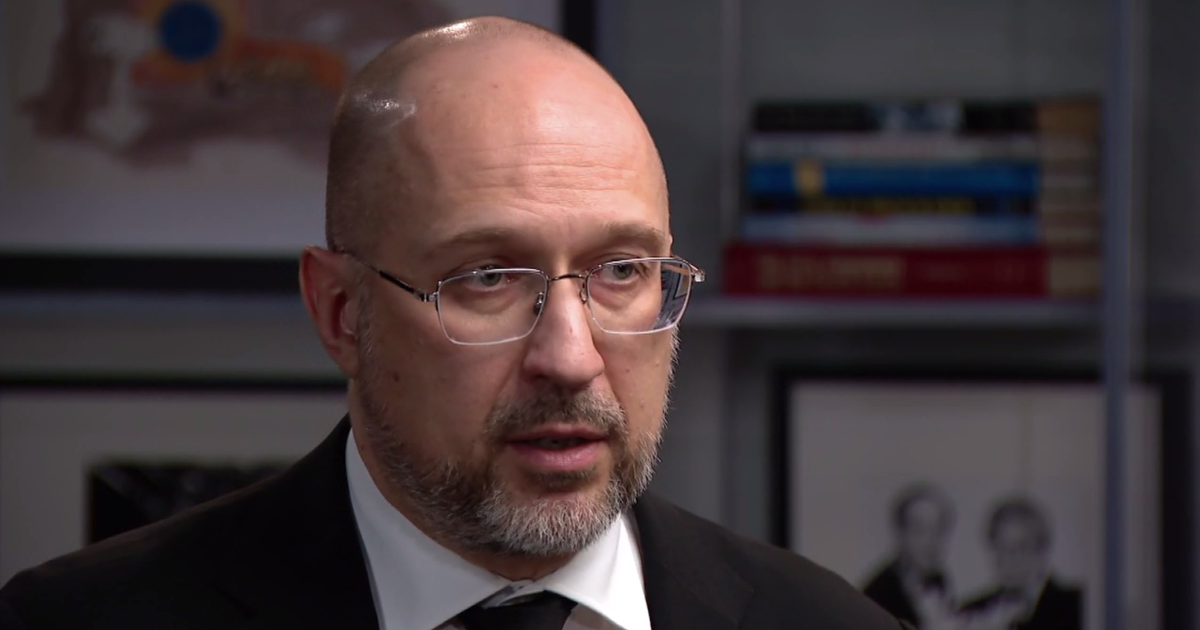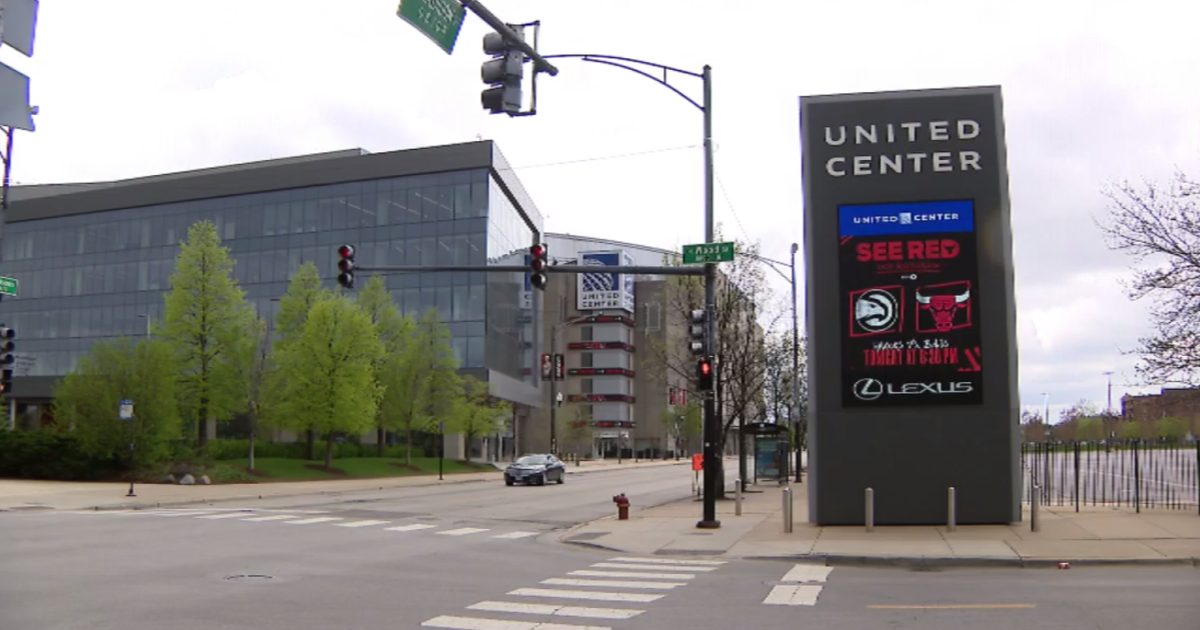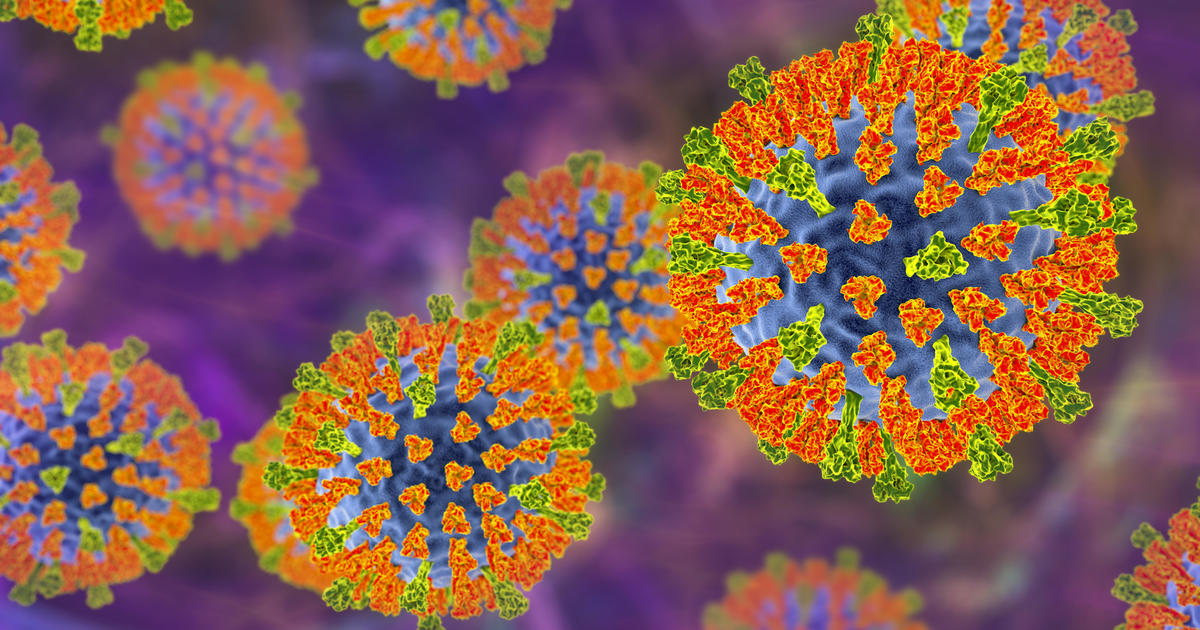Rep. Raja Krishnamoorthi Shares Warning About Fraudulent Antibody Tests, What Is Known So Far About COVID-19 Antibodies
CHICAGO (CBS) -- We hear it over and over – knowing how many people have the coronavirus or have antibodies is the key to reopening businesses.
Antibodies mean someone likely had the coronavirus and may have immunity to it. But there are some real concerns about the accuracy of some of the antibody tests.
U.S. Rep. Raja Krishnamoorthi (D-Illinois) joined CBS 2's Brad Edwards via Skype Wednesday evening to talk about some of the concerns. Krishnamoorthi recently sent a letter to the U.S. Food and Drug Administration with concerns that the testing companies are making fraudulent claims.
"In a departure from past practice, the FDA has allowed hundreds of unreliable and potentially fraudulent tests to flood the market, and the problem is many of them have high false positive rates, and what that means is that it could fool a lot of people into thinking that they have the presence of COVID-19 antibodies – and potentially immunity – when they actually do not. And so they could relax their social distancing, go out, get sick, and pass it onto others, and so this is a very dangerous situation that we have,
Krishnamoorthi said he sent a letter to the FDA on Tuesday asking the agency to rescind its policy on antibody tests by next week.
"There are too many tests on the market that are perpetrated by scam artists. We've got to clear those test from the market, have only authorized tests be sold, and then the FDA needs to put out precise standards as to what to do with the test results. How do you interpret them? What can and can't you do in your daily lives based on them?" he said.
There are dozens of different antibody tests available right now. A recent study looked into 14 of them, and found 11 – nearly 80 percent - did not deliver reliable results. How are they ending up on the market?
"Basically, the FDA in the past has only allowed authorized and validated tests onto the market. There are currently eight of them, and they're on the FDA's website. However, recently they've allowed for another pathway for people to sell antibody tests, and 157 companies have taken advantage of that pathway. But here's the thing, which is that instead of requiring these companies to produce data that they would then validate – the FDA would validate – instead they are asking for self-validation and voluntary compliance," Krishnamoorthi said.
But of course, a company selling junk tests has no reason to comply with "self-validation and voluntary compliance," and a consumer will not be informed to know either way, Krishnamoorthi said.
"It's like my wife and I asking our kids to self-validate that they did their chores," he said. "It doesn't happen."
So how does someone know they are getting an FDA-approved test for which the results can be trusted?
"They should first of all go to the FDA's website – there are eight currently FDA-authorized tests. They should write them down and ask their physician or their health care facility to administer one of those tests. But even then, they need to ask, 'What do I do with the results of these tests?'"
The amount of immunity associated with antibodies, how long it might last, and what one can and can't do remain unknown.
"We've got to be very careful as we go forward," Krishnamoorthi said.



